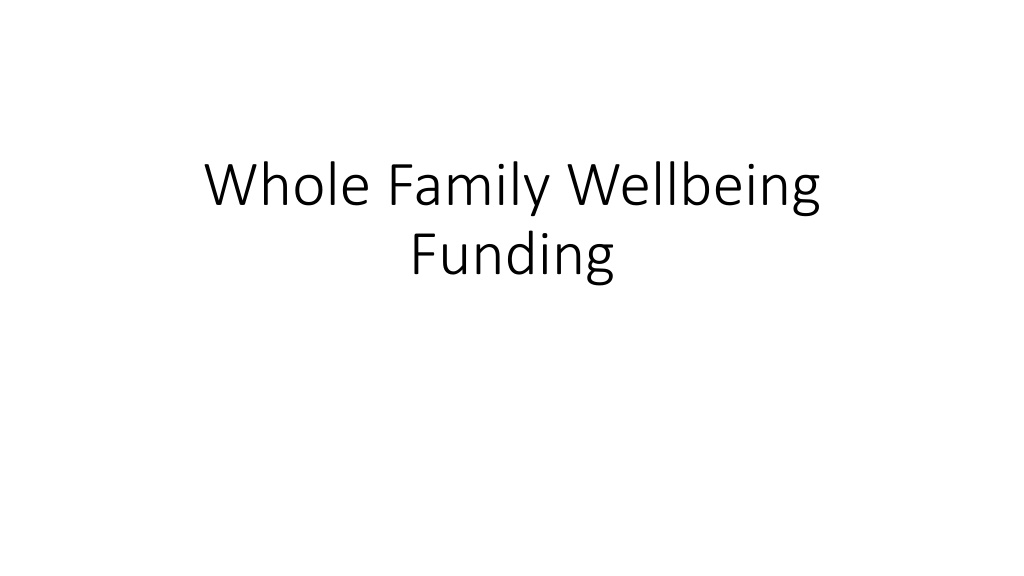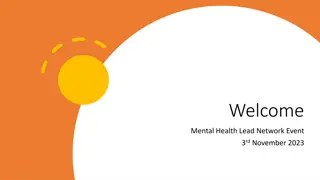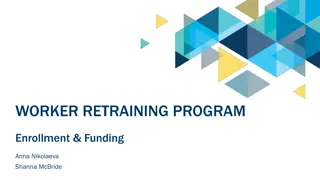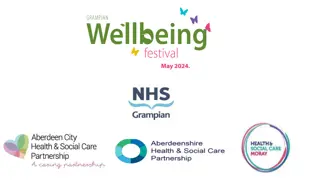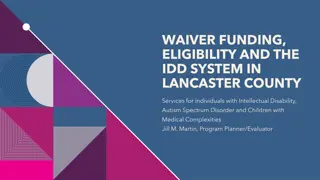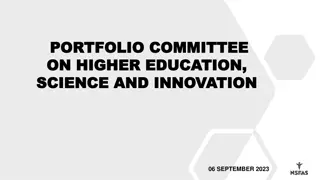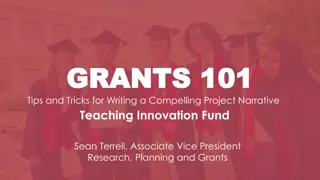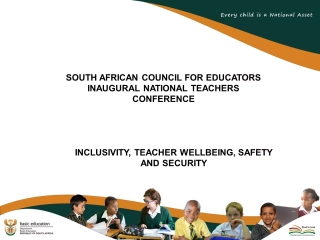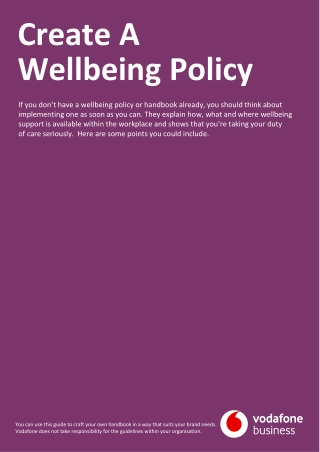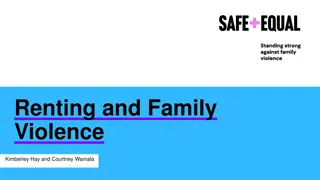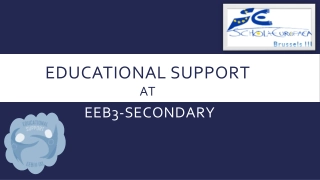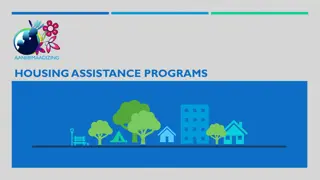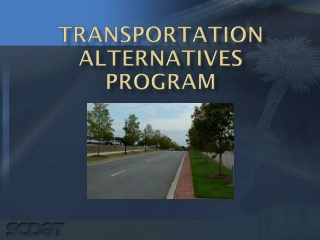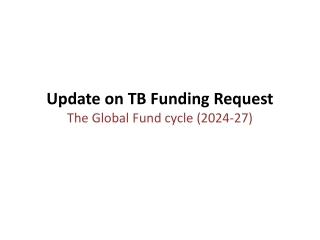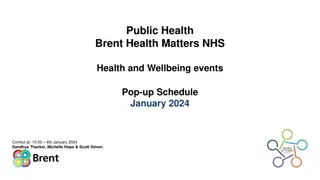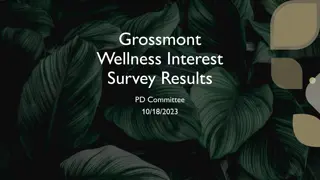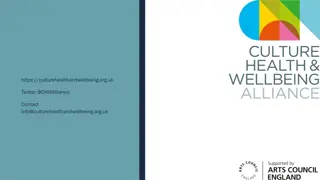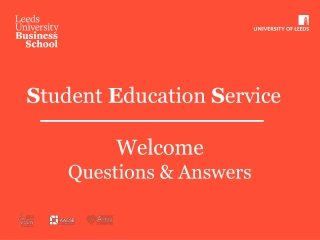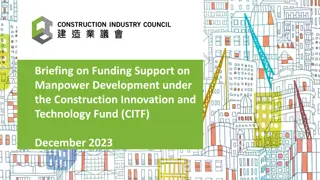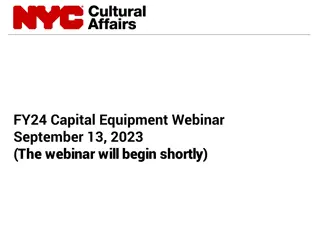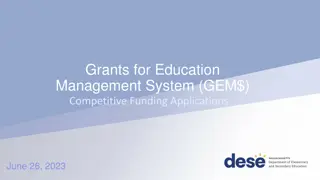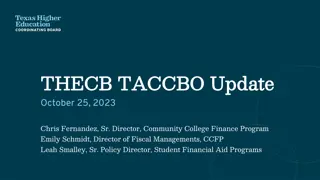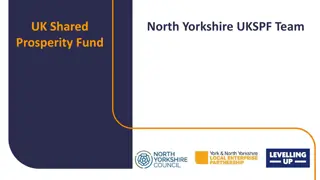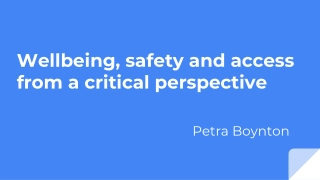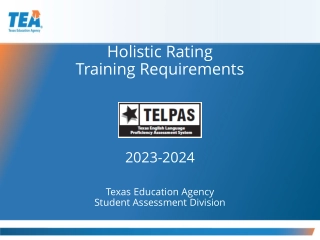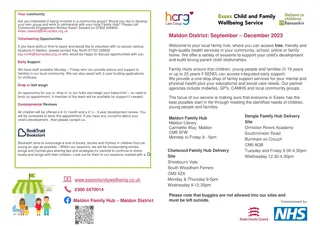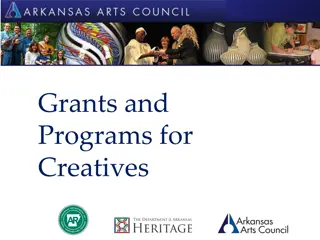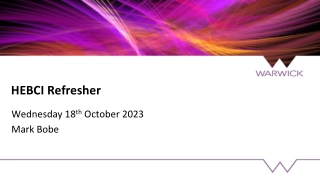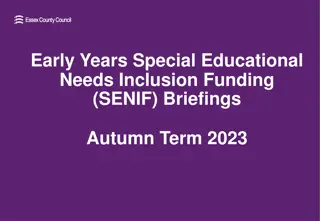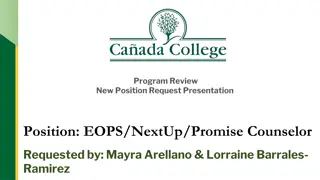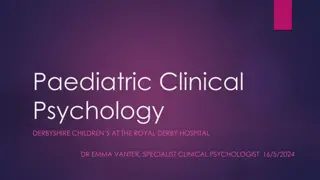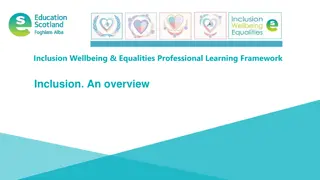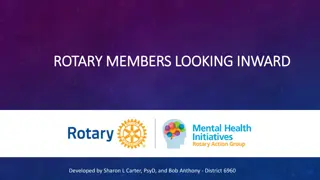Whole Family Wellbeing Funding: Transforming Services for Holistic Support
Whole Family Wellbeing Funding entails a £500 million commitment in Scotland to build and scale holistic support for families. The focus is on preventative measures and early intervention to ensure families receive support tailored to their individual needs. The initiative aims to improve family wellbeing, reduce crises, and increase access to wider supports through a collaborative, multi-agency approach.
Download Presentation
Please find below an Image/Link to download the presentation.
The content on the website is provided AS IS for your information and personal use only. It may not be sold, licensed, or shared on other websites without obtaining consent from the author. Download presentation by click this link. If you encounter any issues during the download, it is possible that the publisher has removed the file from their server.
Presentation Transcript
Whole Family Wellbeing Funding
Whole Family Wellbeing Funding 500m commitment build and scale holistic whole family support across Scotland. Transforming services to ensure families can access support that is wrapped around their individual needs. Critical part of how we will #KeepThePromise by focusing on preventative support, early intervention to prevent crisis. Vision for family support Covid-19 and vision for holistic support, early intervention and prevention. Whole System Change collaborative, multi-agency and multi- disciplinary approach, making links across structures. Not about "business as usual".
How do we get there? How do we get there? The work so far .. Collective vision and Route-map for delivery sets the foundation for our theory of change National Principles and Toolkit on what good family support looks like Working towards the following outcomes: Improved family wellbeing Reduction in the gap in wellbeing outcomes Reduction in families requiring crisis intervention Reduction in the number of children living away from their families Increase in families taking up wider supports
What needs to change to get us there? Where we are going? Meaningful and ongoing participation in service design which ensures choice and control for families Children and Families at the Centre Shift to needs and rights based planning and participation Support is stigma-free, needs/rights-led even at universal level (does not have the same level of activity across the board) Universally accessible early help and support Support delivery where and when suits families Every family that needs support gets the right family support at the right time to fulfil children s right to be raised safely in their own families, for as long as it is needed* Availability and Access Better collective awareness of available support Investment & innovation to deliver Multiple points of access in communities Shared accountability for whole system/ joined up approach Non-siloed aligned and proportionate FS funding that matches scale of need Whole System Approach/Joined Up Support Transforming Commissioning and Procurement (Planning, service design and purchasing) Expand use of locally-based multi-agency services co-ordinating support Clear & shared understanding of families across whole system Address power dynamics Empowerment for innovation Workforce and Culture Additional capacity Support for skill development Development of holistic workforce approach Mechanisms to share good practice nationally Aim supported by and delivers on (and therefore need to ensure) GIRFEC/ The Promise/ Transforming Outcomes for CYPF/ The Feeley Review/ Children s Services Planning Partnerships/ UNCRC/ National Performance Framework/Child Poverty Action Plans Evidence based and data led Strong collective leadership at all levels *As per the Leadership Group vision and blueprint
National Framework Principles of Holistic Whole Family Support Non-stigmatising: Support should be promoted and provided free from stigma and judgement. Services should be as normalised as accessing universal services. Whole Family: Support should be rooted in GIRFEC and wrapped around about the whole family. This requires relevant join up with adult services & whole system, place based, preventative addressing inequalities. Needs based: Support should be tailored to fit around each individual family, not be driven by rigid services or structures. It should cover the spectrum of support from universal services, more tailored support for wellbeing and intensive support (to prevent or in response to statutory interventions). Creative approaches to support should be encouraged. Assets and community based: Support should be empowering, building on existing strengths within the family and wider community. Families should be able to reach in not be referred to . Support must be explicitly connected to locations that work for local families and the community, such as schools, health centres, village halls and sports centres. Timely and Sustainable: Flexible, responsive and proportionate support should be available to families as soon as they need it, and for as long as it is required, adapting to changing needs. Promoted: Families should have easy, well understood routes of access to support. They should feel empowered to do so, and have choice about the support they access to ensure it meets their needs. Take account of families voice: At a strategic and individual level, children and families should be meaningfully involved in the design, delivery, evaluation and continuous improvement of services. Support should be based on trusted relationships between families and professionals working together with mutual respect to ensure targeted and developmental support. Collaborative and Seamless: Support should be multi-agency and joined-up across services, so families don t experience multiple referals or inconsistent support. Skilled and supported workforce: Support should be informed by an understanding of attachment, trauma, inequality and poverty. Staff should be supported to take on additional responsibilities, and trusted to be innovative in responding to the needs of families. Underpinned by Children s Rights: Children s rights should be the funnel through which every decision and support service is viewed. 1. 2. 3. 4. 5. 6. 7. 8. 9. 10.
What has happened so far? What has happened so far? 32m directly to local areas to build local service capacity and transform family support services. Through Children s Services Planning Partnership (CSPP) as the key strategic mechanism. Collaborative partnership and support for three CSPPs [East Ayrshire, East Lothian, Glasgow City] to accelerate plans and provide local learning that can be shared nationally. Learning into Action Network - co-designed and co-delivered with stakeholders. Aims to share learning, practice, challenges, potential thematic focus. Evaluation to assess progress as we move forward.
Commissioning & Procurement Commissioning & Procurement Identified as a particular challenge and point of focus in the route-map. Element 2 work considering how we can take a place based approach with those CSPPs to address challenges around commissioning and procurement. Working group reflected on these challenges and brought out some key themes, reflected in the Supporting Families National Self-Assessment Toolkit. Working with Scotland Excel on how we address some of these challenges.
